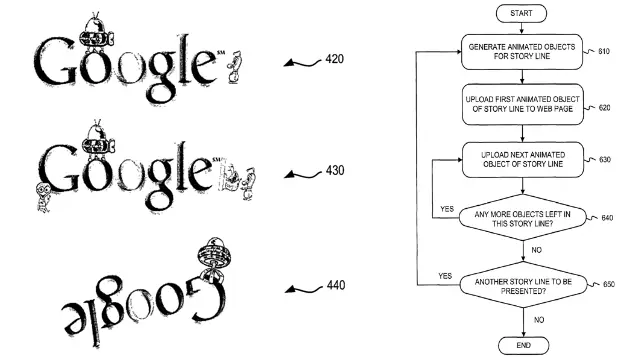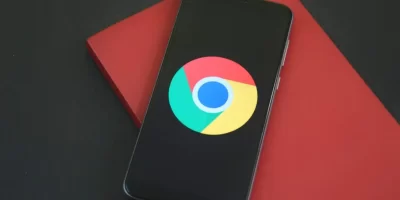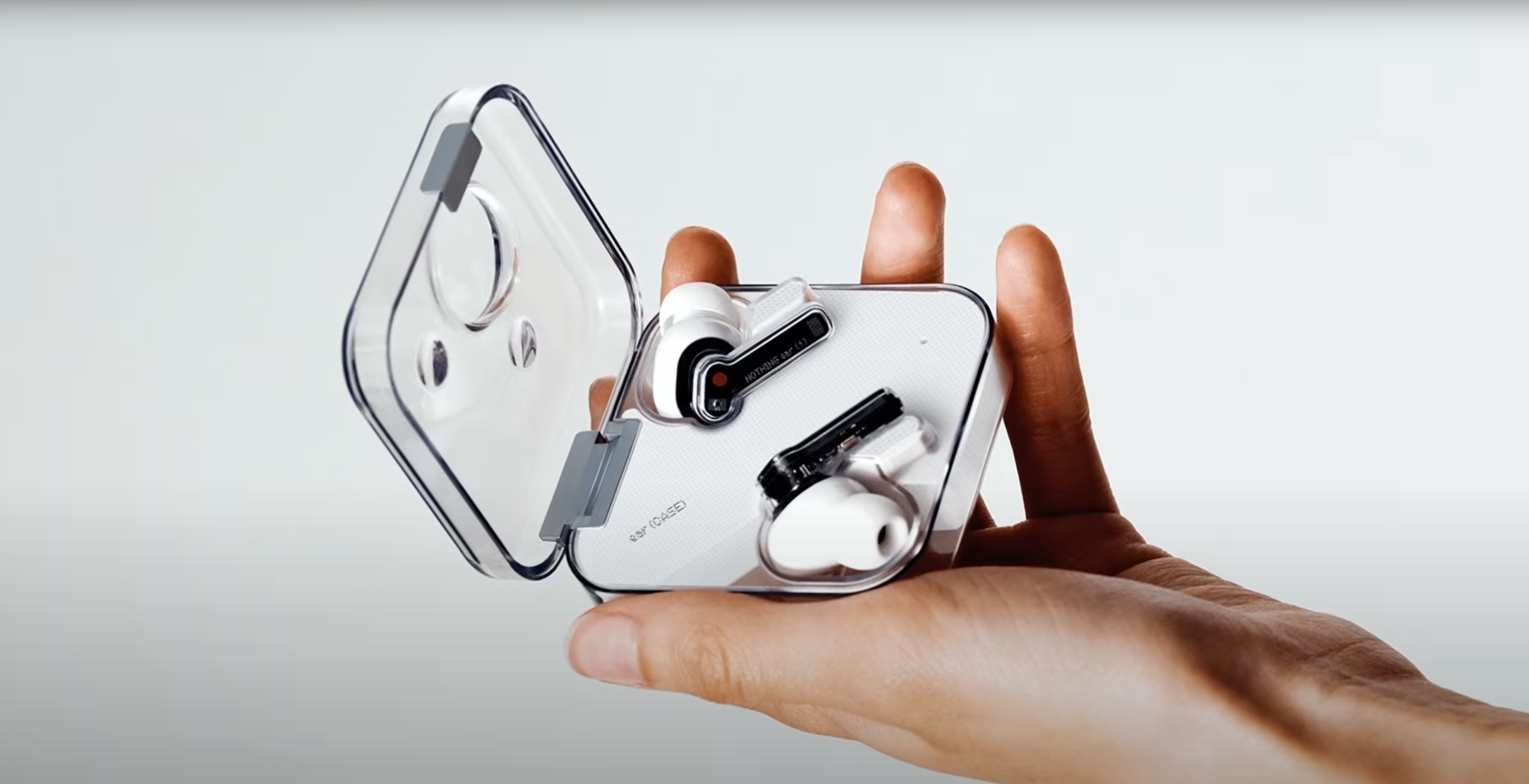
These days it seems every time the word ‘patent’ is mentioned it is usually followed by ‘lawsuit.’ In a refreshing change of pace, Google is doing just the opposite. Today the company has taken the Open Patent Non-Assertion (OPN) Pledge, which states that they will not take legal action against distributors and developers of open-source software.
But this doesn’t give devs free-reign over Google’s entire patent library. For now, the OPN Pledge applies to 10 specific patents within the MapReduce framework. For the general public, the specifics aren’t important (the patents have to do with “a computing model for processing large data sets”), but Google’s openness to allowing the use of patented software is.
Google hopes to expand the pledge to cover more patents as time goes on and is urging other patent holders to join them in their cause. It is a nobel one, indeed.
[via Google Open Source Blog]










Are you taking notes Apple? This is why Android has become a force to be reckoned with. This is why everyone loves Android. Open source is NOT the devil, but rather, a driving force behind innovation.
No its just because its free and 100’s of budget phones use it. Apple doesn’t really care, they have 70% of smartphone profit.
Well we can rule out Apple being one to join. I would love to see many join this cause I think patents, as to protect also hinder innovation.
A Nobel action?
Sounds more like a:
“You can use this, but only in OPEN SOURCE projects. But then you give us free rights to ALL your patents, because we will SUE you for these patents when you sue us first for making use of all your patents”
And so far 10 patents is a very small amount for someone like Google, even for a start.
Isn’t this only effing fair? You get something from open source community, you have to put everything you based on it back?
Not really!
So you use some of the patents in this pool.
Then Google uses all your patents (the ones you license to other companies) without paying.
You can sue them, but then they will sue you for the open source patents, even though they have nothing to do with the first lawsuit
This model encourages more sharing of intellectual property. If a company doesn’t feel that the offering of patents in the OPN is worthy, they can choose not to sign-on themselves, no one is forcing them. Of course if your want to use the patents in the OPN, you will need to share your own. Google is starting out carefully with 10 patents as they are the ones risking everything to start the process. They said they will add more patents over time if the model works.
It is not unfair what they are doing, people can always decide not to participate. But the effort is lackluster and so far only meant to score browney points.
If they were serious about this development, they would need to open ALL their patents (or most of them) to people who in return promise not to sue when Google uses any of theirs.
This 10 vs everything you got is a small thing only useful for small time developers who are unlikely to sue anyway.
I think AP summed it up nice:
http://www.androidpolice.com/2013/03/28/google-launches-open-patent-pledge-promising-free-use-of-patents-for-people-who-dont-sue/
You think Google should give their rights away to proprietary software vendors like Apple, MS and Oracle? Who sue everyone over rounded corners or software that was given away in the past by Sun for free?
Only 10 patents? Other companies share nothing and sue for everything. Google has a history of not suing, now their even pledging to not-sue developers who are improving the community. Google has proven track record that they would prefer to out-innovate, not out-litigate.
Google may not be perfect. Who is? At least their trying to be a good steward in the industry for the betterment of us all. This is an entirely different model than we have seen from the rest of the major players in the industry.
Google has given moto 9 patents for the purpose of sueing Apple.
Google has (counter) sued companies before.
I am not saying they should give away their proprietary software. I am saying this effort is too small to make any difference. (They should’ve launched bigger or else maybe I dunno, the lack of effect will have this up on the chopping block next spring cleaning)
Wait, why are you complaining about that? It’s like getting mad at someone for not sharing with you even though you didn’t share. Google is sharing their patents with those who are willing to share. If you ain’t goin’ share and decide to keep all your patents with you, then you’re not allowed in that club.
You can’t misinterpret this without deliberately trolling.
I am complaining about calling a mediocre effort Noble.
It is not a bad thing what they are doing, but it is hardly Noble.
They should’ve better commit to suing every bastard not respecting open source licenses. [Cough-sung-cough]
You can add HTC to the list, with their 6-month+ waiting time on Kernel Source.
i hope Google doesn’t let amazon have this. The only reason im staying away from their devices, is its locked nature.
If Amazon joins this, they have to share some patents too.
This means, that CyanogenMod can put the Google Apps back into their ROMs and we won’t need to download them separately. This is a good decision Google.
What does allowing open-source developers use their MapReduce-related patents have to do with the licensing of close-sourced Google Apps?
Well I was specifically looking at the last sentence. Why should they only change their policy in one Patent? They will surely proceed with others soon.